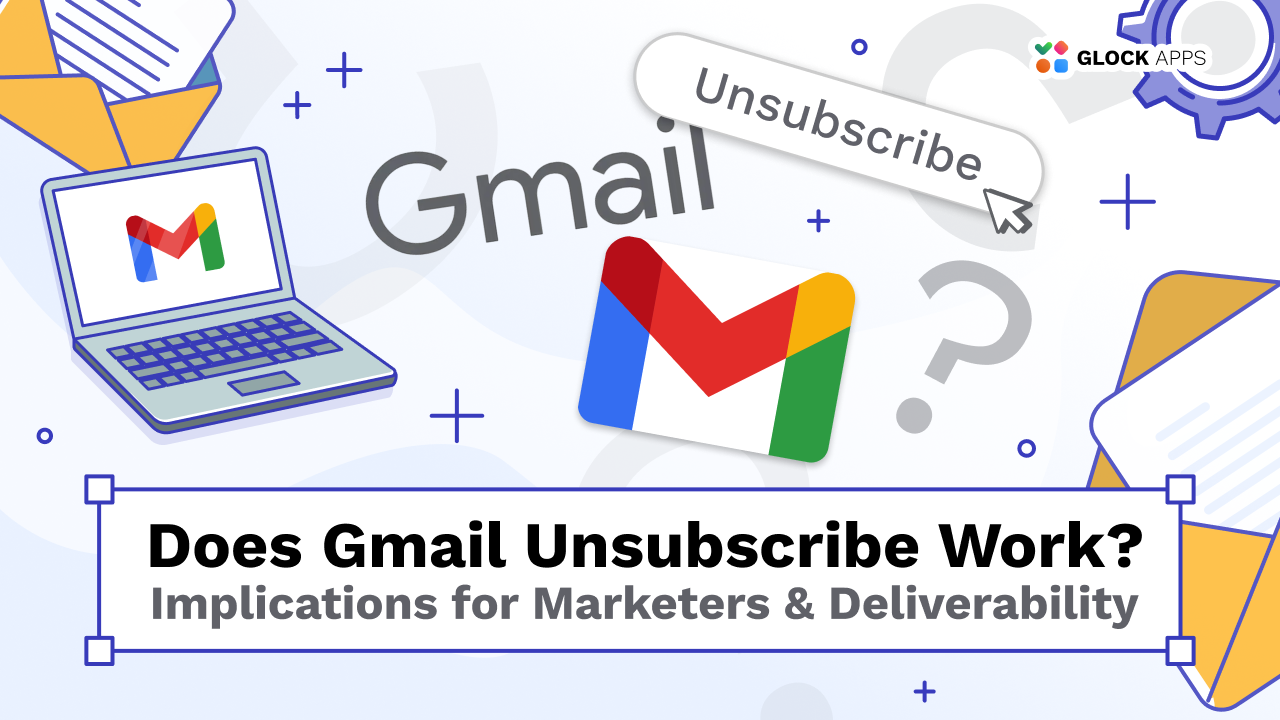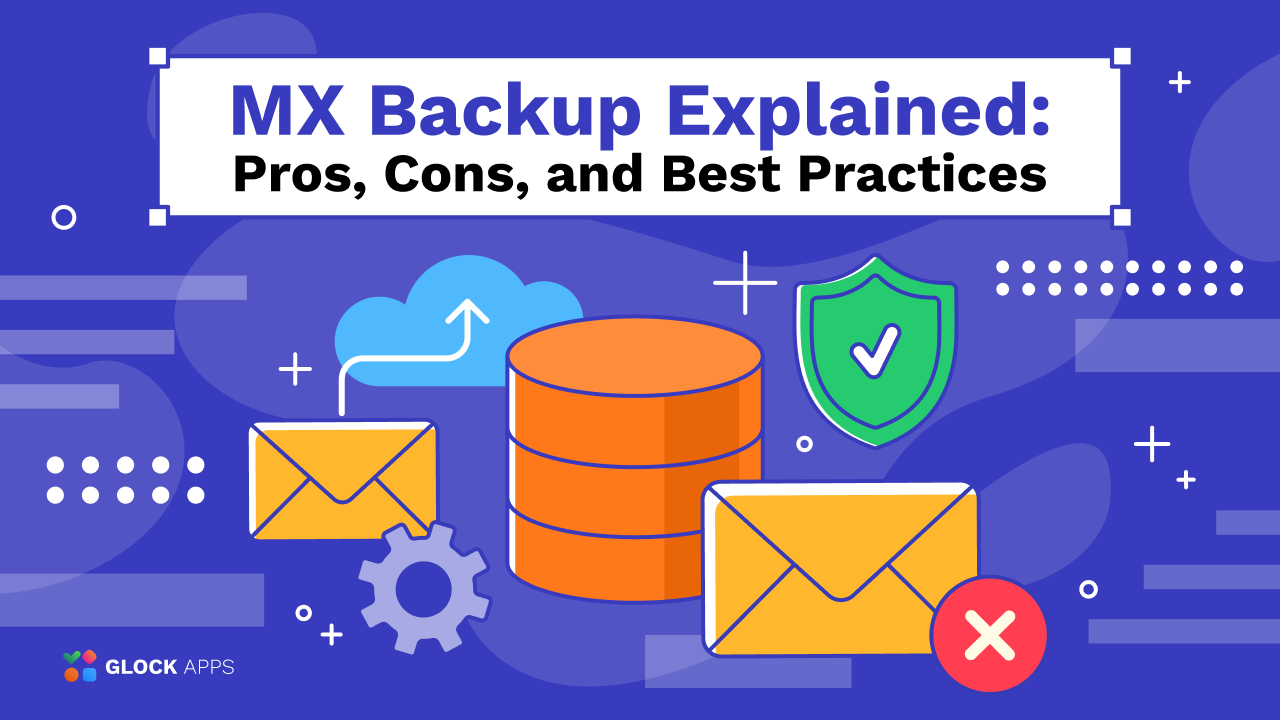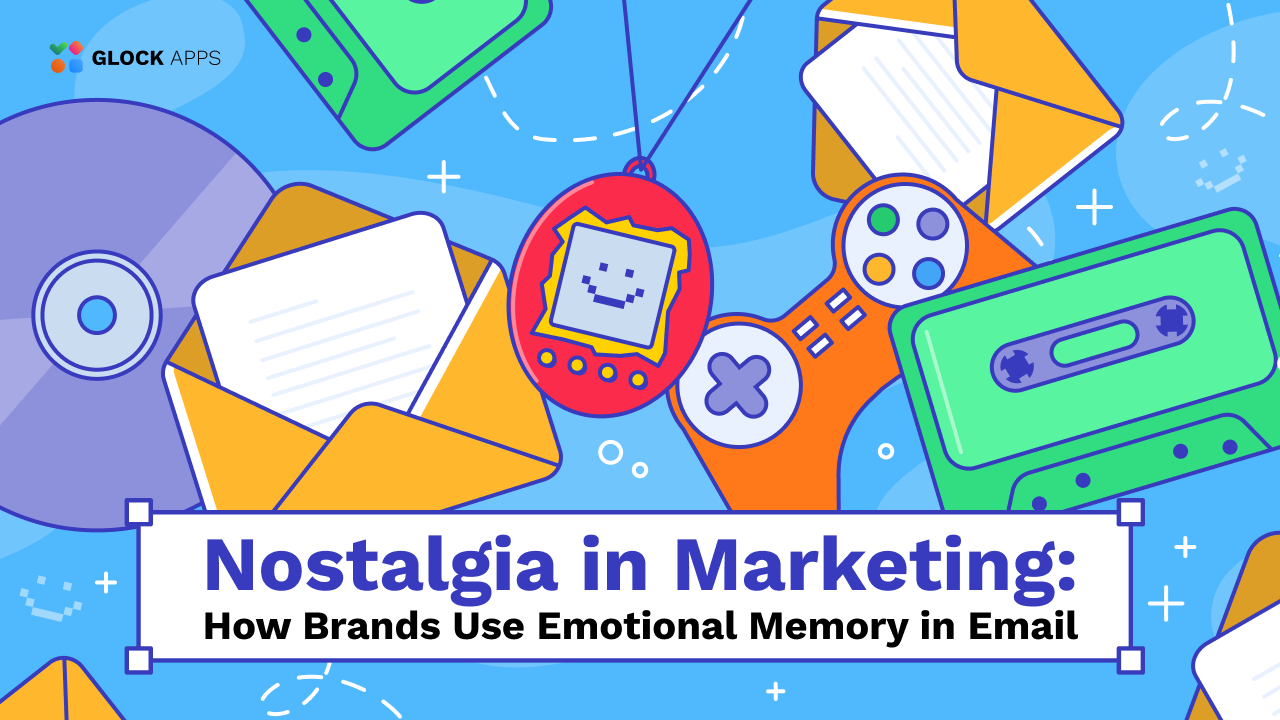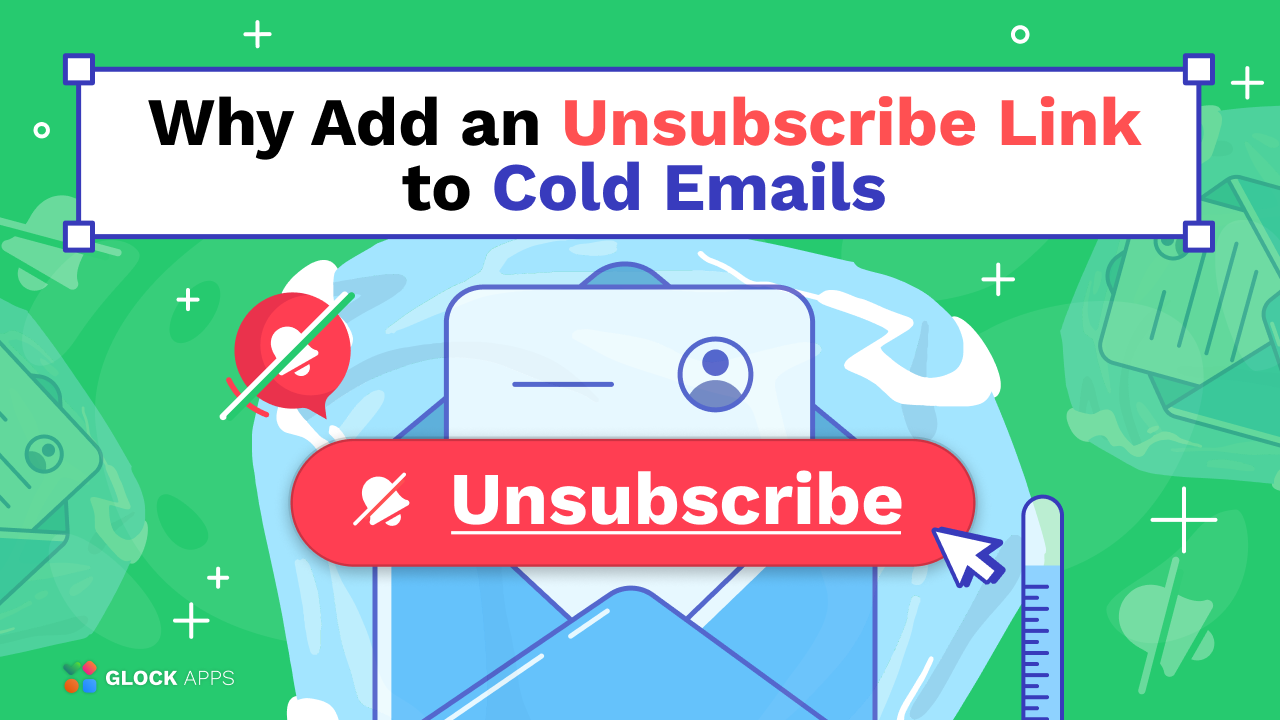Triggered Emails: Boost Your Sales and Revenue
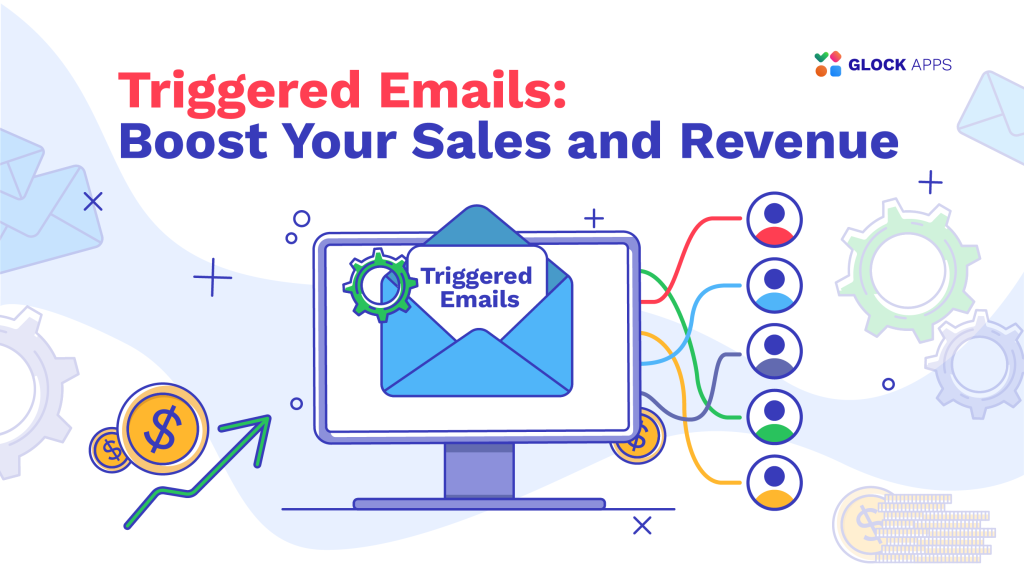
Table of contents
What Is a Triggered Email?
You probably noticed that as soon as you sign up for a certain subscription, you immediately receive a welcome email, which usually presents the company from which you made a purchase or paid for a service, and you are invited to learn the terms of your plan and opportunities to use the provided services maximally effectively. Such emails that are sent in response to a client’s action are known as trigger emails.
By definition, a triggered email is an automated letter used in marketing to move leads through the sales funnel. These messages are sent to subscribers automatically when they perform certain actions or interact with the brand in a certain way, and they are also known as behavioral or transactional messages.
If you imagine a typical sales funnel and how customer intentions change as they get closer to a purchase, you need to use a variety of triggered emails to engage the user with the right message at the right time, making the path to purchase as smooth and helpful as possible. Learn more about how to use triggered emails in your business in our article.
Trigger Emails Effectiveness Statistics
Today, triggered emails are a powerful marketing tactic that drives customers into the purchase funnel, retains valuable clients, and helps e-commerce brands generate high revenue. Let’s check out the awesome statistics:
- A recent study by GetResponse shows that triggered emails have 35.33% of the average open rate, which is quite high, a click-through rate of 3.69%, a click-to-open rate of 10.44%, an unsubscribe rate of 0.28%, a spam rate is only 0.01%, that means they are less likely to be marked as spam, and a bounce rate of 4.97%.
- According to Forrester Research, automation systems, and triggered emails are playing an increasingly significant role in the success and ROI-producing potential of modern email strategies and can bring 4 times more income and 18 times more profit.
- Payments and data solutions company Deluxe finds that trigger marketing programs consistently outpace the performance of traditional marketing strategies with a 90% lift in consumers and a 120% lift in business programs, which is more than twice the effect of traditional marketing.
- The customer engagement platform Vero claims that triggered email campaigns are 42% more likely to be clicked than newsletters. Even better, such emails with 2 or 3 links are 120% more likely to convert than those with one link.5. In their Email Marketing ROI Statistics Barilliance company reveals that 54.9% of triggered emails “Email My Cart” resulted in customer conversions, which is 168% better than the average email sent.
Why Use Trigger Emails?
One of the main advantages of triggered emails in any marketing strategy is that they are well-aligned with the buyer’s journey. As a result, they meet the interests and preferences of clients, which plays into the brand’s hand and ensures a higher conversion rate.
Not only subscriptions or purchases can be triggers, but also an abandoned cart, or when a visitor leaves the online store without completing the purchase. Additionally, you can offer a discount code after customers visit a certain page, or inform them about a promotion that will expire soon. You can also retain existing customers by sending triggered re-engagement emails with product recommendations that match their previous interactions.
Nowadays this technology has evolved into a complex automated system based on the use of various triggers that guide prospects down the purchase funnel at different stages. And because trigger-based email marketing campaigns are fully automated, they always arrive at the right moments that individual buyers need, without additional intervention from the marketing team, saving your resources and most importantly, time.
Benefits of Triggered Emails
The main advantages of trigger-email marketing include the following:
- You can easily set up a triggered email once for consistent performance
- Trigger e-mail helps users move further along the buyer’s journey by working as a guide that suggests the next steps and offers advice
- Engagement rates increase, as these emails grab more attention, encourage action, and generate more responses, and if you segment your audience correctly, you get really high click-through rates with the right triggers
- A trigger email campaign allows you to continue the conversation, thus increasing the chances of closing the deal or purchasing, boosting sales and revenue
- Not only are triggered emails great for attracting new customers, but they’re also a great way to retain existing ones, for example, to remind them to renew their subscriptions or offer them limited-time deals for buying again
- The ability to create an automated workflow to nurture leads with personalized campaigns
- This is good for your brand awareness and helps you stay in the user’s focus
Potential Challenges in Trigger Email Marketing
When using triggered emails, there are a few potential pitfalls to consider when developing your marketing strategy.
- If you don’t personalize and target your email template or link it to the specific event that triggered it, your letter may simply be ignored or even deleted by the recipient.
- If you send an email too late after the event, your recipients may forget about it until they receive your message.
- Also, the actual implementation of the proper automation can be a big challenge for not-so-experienced email marketers.
But these problems can be quickly solved by choosing reliable automation software and a skilled specialist who will set everything up in the right way specifically for the needs of your business.
Types and Examples of Triggered Emails
There are several best types of event-triggered emails that you should use in your workflow.
Here are the most common ones that you can safely include in your marketing strategy:
- Welcome Emails
- Onboarding Letters
- Cart Abandonment
- Purchase Confirmations
- Notification Emails
- Customer feedback
- Milestone emails
Let’s examine them in more detail below and look at the best trigger email examples from brands worldwide.
1. Welcome Emails.
A welcome email is a must because it usually has a high open and click-through rate. After all, your subscribers are looking forward to receiving them.
Therefore, it’s worth making your welcome emails more impactful by writing engaging copy and adding aesthetic visual elements to represent your brand excellently. This will set the tone for all future communications, so make sure you maintain professionalism and keep your brand personality in mind when crafting these triggered emails. Experts advise sending a series of three welcome letters to increase brand awareness and leave a deep mark in the minds of your subscribers.
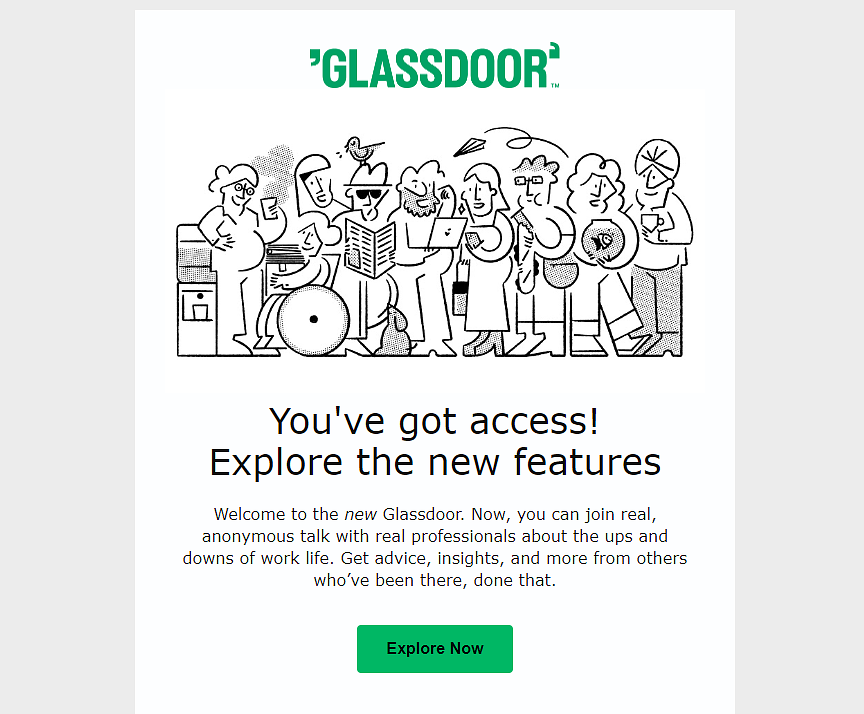
2. Onboarding Letters.
These emails are also welcoming, but they are mainly intended for platforms and services where a user signs up for a subscription and needs further assistance in getting started, or if certain steps need to be taken to complete the account creation process.
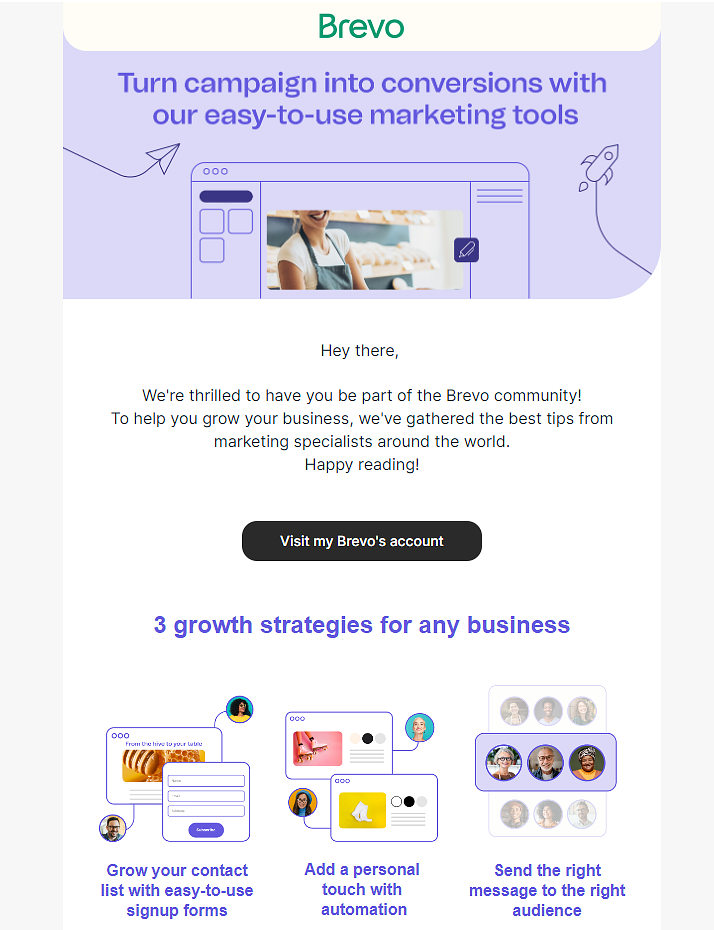
3. Cart Abandonment.
Cart abandonment is a common thing in e-commerce. But you can always bring back those who left their carts and triggered emails will help you do just that. Use them to nudge your subscribers to make a purchase and be sure to include an image of the abandoned product in the content. You can also offer discounts or free shipping for certain conditions to increase the likelihood of conversion. To speed up their positive decision, add a sense of urgency with specific phrases.

4. Purchase Confirmations.
These trigger-based emails are sent after the purchase is complete and usually contain receipt information, shipping details, and in some cases, a link to track the shipment. Additionally, a separate letter can be sent immediately after the goods are shipped, which is very convenient for the customer.
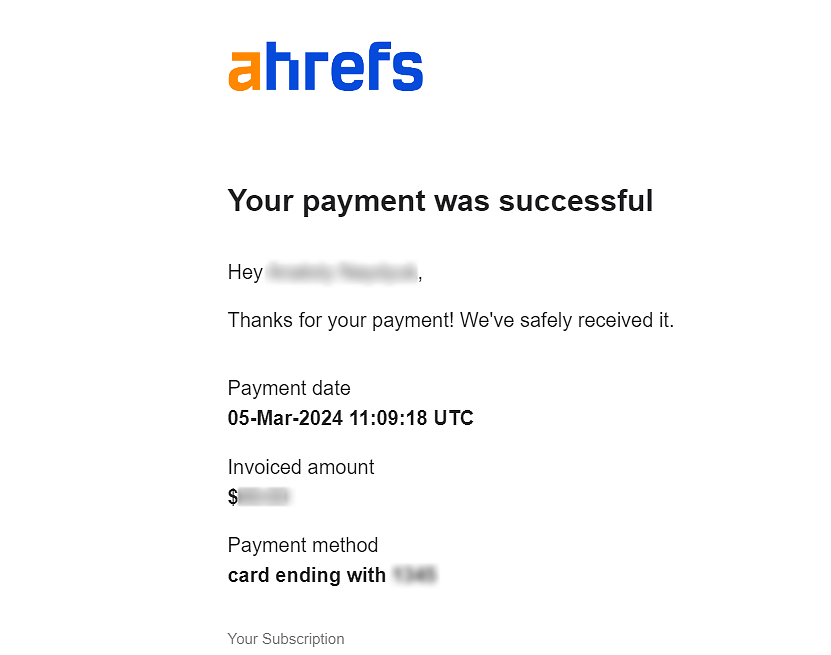
5. Notification Emails.
These are simple messages that notify the user of the latest updates to their account information, orders, and purchases. Typically, notification emails are set up to be triggered instantly and contain the latest important information that the client needs, such as address information, password changes, logging in from a new location, etc.
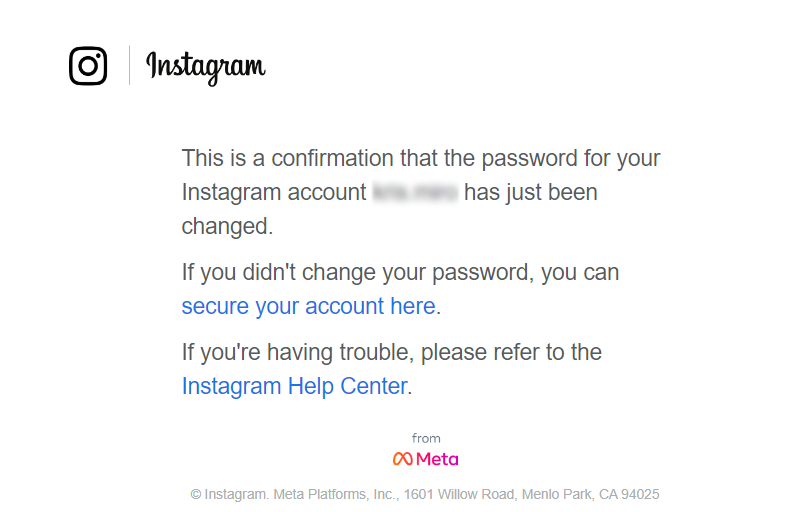
6. Customer Feedback.
Such emails to collect customer feedback are triggered when people have had an interaction with your business. For example, after they’ve made a purchase, allowing you to get a fresh review of their experience and make any necessary improvements as soon as possible.
You can also contact a customer who has recently spoken to a support specialist to make sure that all issues have been resolved.
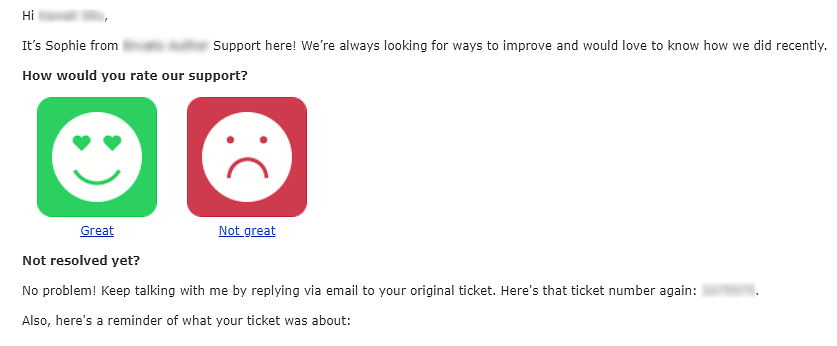
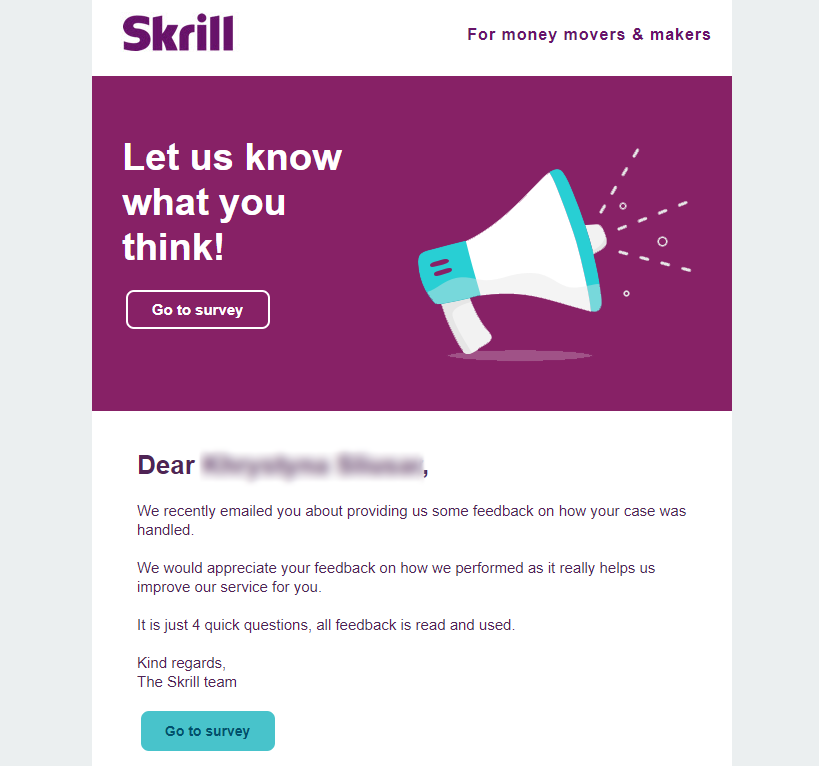
7. Milestone Emails
Triggered emails for milestones are sent to existing customers who have reached a certain point in their relationship with your brand, such as completing their first year of subscription. Include in such letters suggestions for improving the user experience or upgrading the tariff plan.
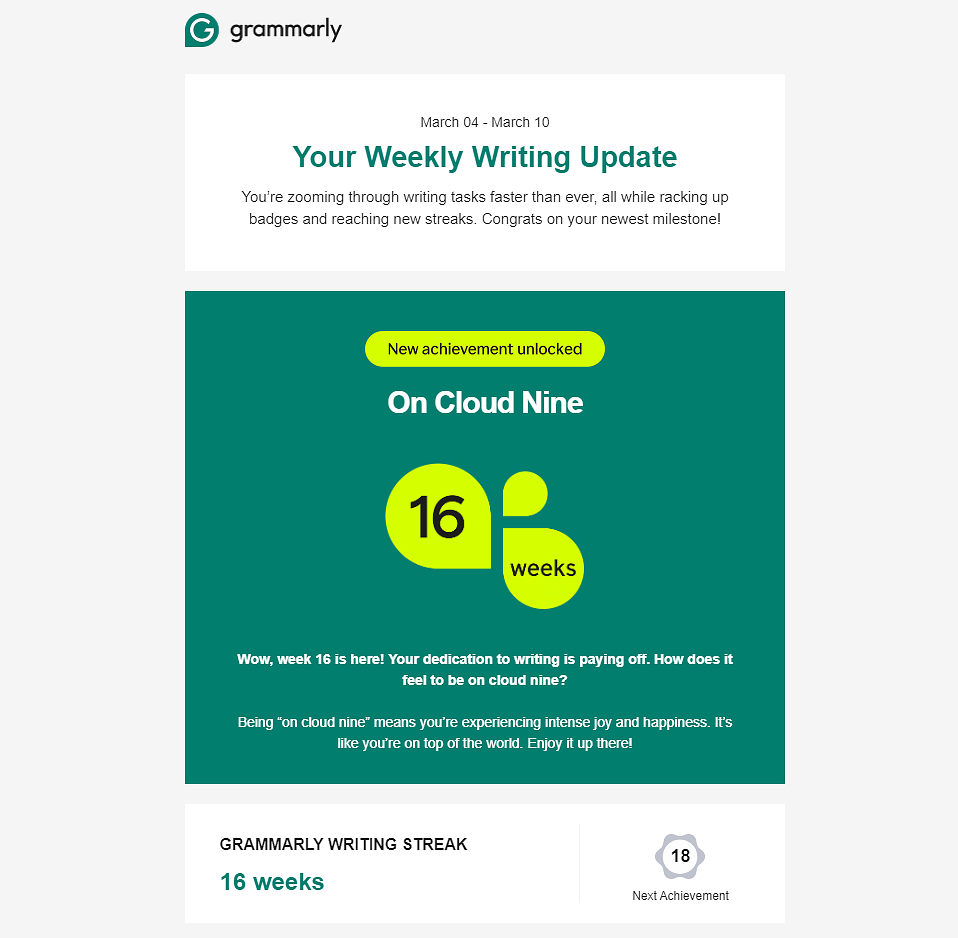
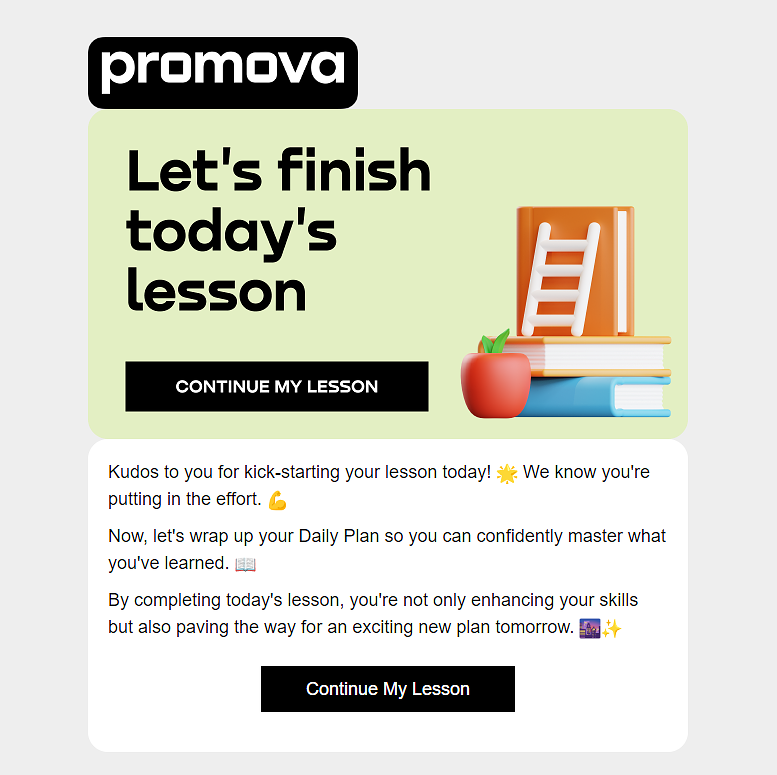
Wrapping Up
Companies that use a comprehensive triggered messaging strategy based on various events or user behavioral factors generate more revenue and sales. Use triggered emails in your plan to encourage customers to buy something from your store or subscribe to a service. Choose triggers carefully based on your goals, business specifics, and customer behavior, and automate your campaigns with proper marketing software. These simple steps will guide your company to success and growth.
